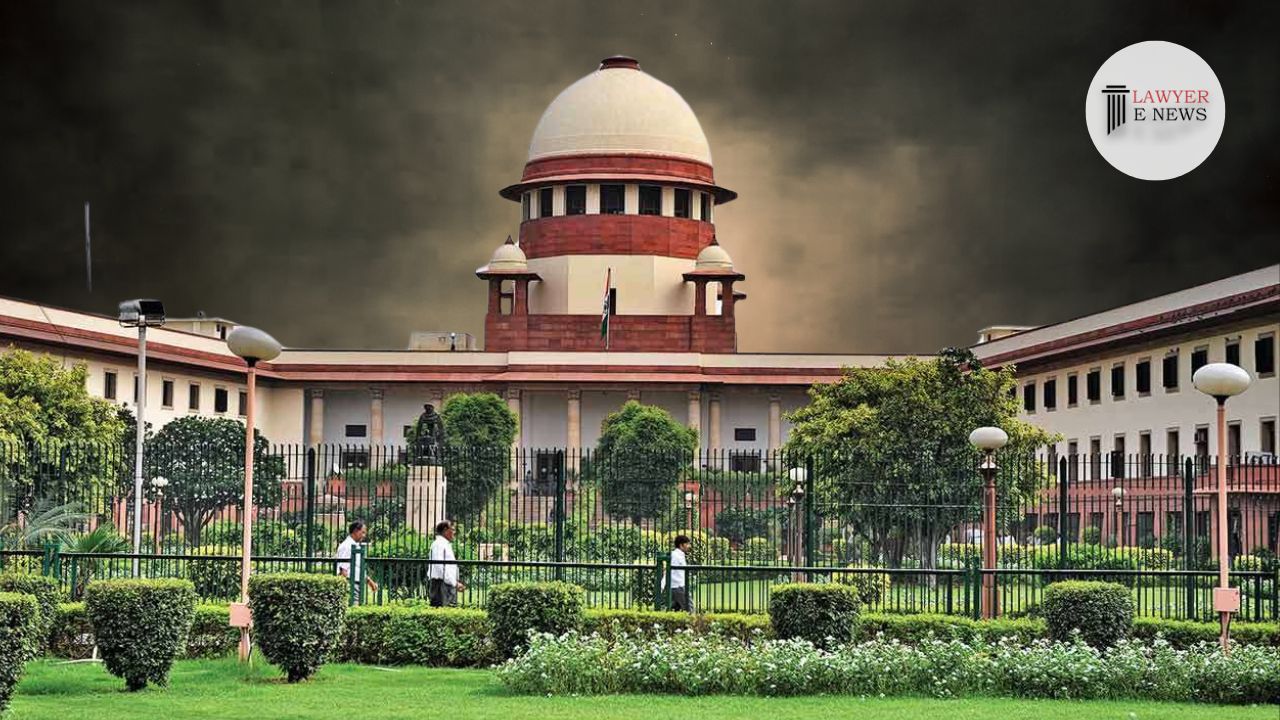-
by Admin
15 February 2026 5:35 AM



New Delhi, May 19, 2023: In a significant ruling, the Supreme Court of India has set aside adverse observations and directions made against a judicial officer by the High Court of Karnataka. The judgment, delivered in Criminal Appeal No. 1616 of 2023, marks an important precedent emphasizing fairness and due process in judicial proceedings.
The case involved Ashvini Vijay Shiriyannavar, a judicial officer, who had appealed against the adverse remarks made by the High Court in connection with her exercise of discretion in a criminal petition concerning the cancellation of bail granted to the accused.
The Supreme Court, after hearing arguments from the appellant's senior counsel and the State's counsel, noted that the High Court had made certain observations regarding the manner in which the appellant had exercised her discretion. These observations led to a conclusion that the appellant should undergo training at the Judicial Academy, a direction that the Supreme Court deemed unjustified.
Emphasizing the importance of providing an opportunity for the person concerned to be heard, the Supreme Court set aside the directions contained in the High Court's order and expunged the adverse observations made against the appellant. The Court underscored that orders affecting an individual's career and esteem should not be made without granting them a fair chance to present their case.
The landmark judgment serves as a reminder to the judiciary to exercise caution while making adverse orders and to uphold principles of fairness and natural justice. It highlights the significance of affording individuals the opportunity to defend their actions and reputations, recognizing the potential impact such orders can have on their professional lives.
The appellant's counsel, Mr. Basavaprabhu S. Patil, expressed satisfaction with the Supreme Court's ruling, stating that it upholds the principles of justice and safeguards the rights of the appellant as a judicial officer.
With this judgment, the Supreme Court has reiterated its commitment to protecting the rights and dignity of individuals within the legal profession and ensuring that due process is followed in all judicial proceedings. The decision sets a strong precedent for future cases and reinforces the importance of fairness and procedural safeguards in the justice system.
ASHVINI VIJAY SHIRIYANNAVAR vs THE STATE OF KARNATAKA & ORS.
